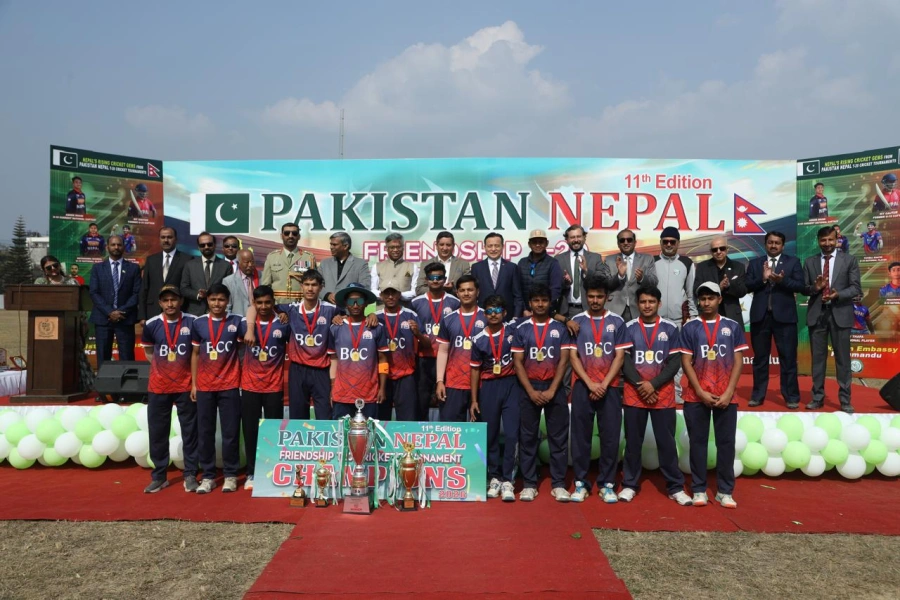Pregnancy suppresses the immune system. Thus pregnant women are more likely to be severely ill if they get infected with COVID-19
The COVID-19 pandemic has not only affected the global health care system but has taken the lives of thousands of people. At this time of crisis, women and girls are highly affected. United Nations Secretary-General, Antonio Guterres has time and again emphasized that women and girls are the most vulnerable at times of pandemic and they face the highest risk of suffering and devastating loss in times of such health crisis. Pregnant, expecting mothers and the ones who have recently undergone postpartum struggle to get access to basic health care during the COVID-19 pandemic as per the UN Population Fund (UNFPA). World's already overburdened health care system has started to leave behind this group of women who need regular health check-ups for their and their children’s wellbeing.
Worldwide, there is a shortage of health professionals in hospitals. Health care workers are pulled from their usual duties and assigned to the crisis centers where a huge number of people are treated for coronavirus. Because of this, there is very limited assistance to women who require regular maternity check-ups. On top of that, the lockdown put in force by the government has led to the public shutting down of vehicles which have become major problems for the women to commute to the hospitals and clinics. In the case of Nepal, due to the lockdown, public vehicles are not allowed to run, because of which women from lower economic classes with no private means of transportation are struggling to reach the health care centers for their maternity check-ups or for their delivery. There is till now no special provision by the government to provide better services to the pregnant women. Similarly, the Ministry of Health in Nepal has also not designated specified hospitals for maternity care during this pandemic.
Pregnant women at higher risk of suffering from urinary inconti...

According to New Scientist, a weekly magazine based in London, pregnancy suppresses the immune system and thus pregnant women are more likely to be severely ill if they get infected with the virus. Due to their weak immune system during pregnancy, they are highly susceptible to respiratory illnesses. Because of this, women have the fear of visiting the hospitals during this time of crisis with the fear of getting infected and also the fear of passing the virus from the mother to their unborn or newborn child. During and after the 2014- 2016 Ebola outbreak as well, it was recorded that there was a huge surge in Maternal Mortality Rate (MMR). The main reason behind this was that women stayed away from medical services due to quarantine restrictions and also due to misconception regarding the transmission of the virus which led them to opt for riskier home births. Drawing lessons from the past, and in order to avoid such catastrophic effects again, government should make necessary arrangements with regard to reproductive health which the women can access when they need it. Experience from past outbreaks shows the importance of incorporating gender analysis into preparedness and response efforts to improve the effectiveness of health interventions and promote gender and health equity goals.
In order to comply with the quarantine rules and also to prevent the coronavirus risk, only one person has to accompany the expected mother to the hospital. Thus it is vital that hospitals and health care centers provide proper medical assistance as well as moral support to women during this time.
Country-wide lockdown could have a huge impact on women who struggle to travel and collect contraceptives and access to reproductive health care services such as safe abortion. These are the life-threatening consequences for women. The government should make these services easily available to women at this time of crisis.
The number of infected people with coronavirus is very low in Nepal compared to other nations in the world. Hence, we are comparatively in a safer zone. But this doesn't imply that necessary precautions need not be taken. Health facilities should be equipped to provide all kinds of services if the number of infected people increases.
To date, the government hasn't addressed the gendered impacts of this disease outbreak like most of the other diseases. Still, it has not made specific provision for expectant mothers or the ones who are in their postpartum period on how they can access the hospitals and receive the health care services during the corona crisis. Hence, the government should pay special attention to women as they are the ones who are affected most.
The author is the alumna of Gender and Development Studies at the Asian Institute of Technology (AIT), Thailand





































